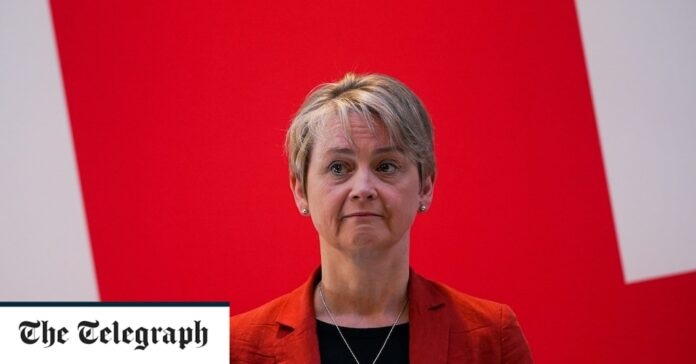There is already a paucity of ideas – yet as soon as one is raised it is publicly slapped down
It is, in one sense, a sign of maturity that Labour is having public disagreements about which policies it should pursue in government, instead of the usual acrimonious and futile debates about how Left the party is or should be.
The latest spat between shadow immigration minister Stephen Kinnock and his boss, the shadow home secretary, Yvette Cooper, reveals both how serious the party is about government, but also how easily disagreements on policy can still damage the party.
Kinnock’s intervention on identity cards, we may assume, is the result of an intelligent assessment of the challenge of illegal immigration and the logical lines of reasoning that point inevitably to some sort of system for establishing exactly who has arrived in the country and who has left it. Like many others – not least the leadership of the last Labour government – Kinnock has looked at alternative ways of enforcing immigration rules and come up empty-handed.
Cooper, on the other hand, was having none of it. Kinnock, she believes, had been wrong to suggest that ID cards were “on the table”. She ruled them out and killed off the prospect of their introduction under a Labour government, no doubt after a “frank exchange of views” with her fellow frontbencher. The peculiarity of this stance is that as a member of Gordon Brown’s cabinet from 2007 to 2010, Cooper never raised any objection to the then policy of mandatory ID cards.


